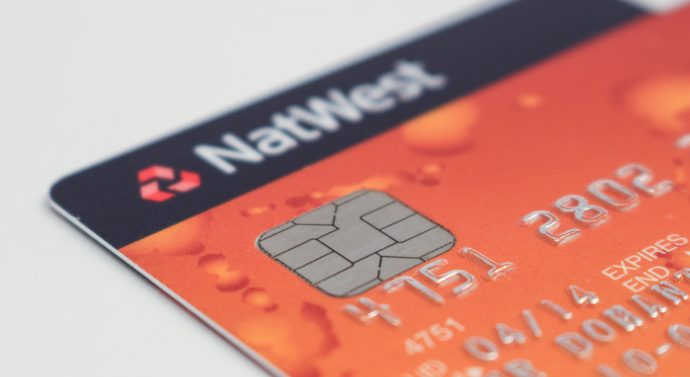
BBB Shred Day 2019
Editorial April 5, 2019, Comments Off 136Identity theft is dropping in Missouri as consumers become more vigilant about protecting their personal information. According to the Federal Trade Commission’s Consumer Sentinel Network Data Book, Missouri ranked 31st in the nation for ID theft complaints in 2018, down from 26th in 2017.
Even so, identity theft remains a costly and life-altering scam. According to 2018 national statistics from Better Business Bureau’s (BBB) Scam Tracker, consumers reported a median loss of $315 to identity theft, but some consumers’ reported losses were in the thousands of dollars — reflecting the cost of not catching identity theft early.
To aid in this process, BBB will host a free shred day on Saturday, April 6, at Ozark Empire Fairgrounds. Consumers can shred up to three boxes of documents from 8 a.m. to 11:30 a.m., along with electronics such as computer hard drives and cellphones. Information on identity theft protection will be distributed.
Officials recommend shredding documents that contain financial information, account numbers, PINs, birth dates, or Social Security numbers. Examples include expired ID cards, legal documents, credit card and bank statements and canceled checks.
“Shredding outdated personal documents can limit your exposure to ID theft,” said Stephanie Garland, BBB Springfield regional director. “ID theft schemes are becoming more and more sophisticated, and vigilance in handling your personal information is now a priority.”
In addition to shredding outdated or unneeded documents, Better Business Bureau recommends these 10 steps to help you protect your identity:
1. Shred statements and applications you get in the mail that you don’t want to keep. These include credit card applications, insurance forms, financial statements, health forms, billing statements from utilities and phone service.
2. Cut up expired credit and debit cards. Make sure you cut through the numbers.
3. Protect your Social Security number, all account numbers and passwords. Don’t carry these numbers in your wallet. Give out personal identifiers only when absolutely necessary. Beware of unsolicited e-mails and phone calls if someone asks for the numbers.
4. Secure personal documents at home. If you have roommates, employ outside help or have contractors in your home, make sure personal documents are in a safe place – preferably under lock and key – and not lying out in plain sight.
5. Minimize personal information printed on checks. You don’t need to include your Social Security number, driver’s license or phone number.
6. Monitor bank and credit card accounts for unauthorized transactions. Crooks may start with small transactions to see if you notice.
7. Pay attention to billing cycles. If bills don’t arrive on time, follow up with your creditors.
8. Don’t create obvious passwords. Avoid using your birth date, child’s name or birth date, mother’s maiden name or the last four digits of your Social Security number.
9. If you conduct business online, use your own computer and a secure Internet connection. A public computer or public wi-fi network is less secure.
10. Never use email to communicate sensitive personal information. Don’t respond to emails asking to verify your personal information and identifiers. Neither your bank, credit card company, online payment system nor the IRS will call or email asking you for confidential information. They already have it.
To report a scam, go to bbb.org/scamtracker.
About BBB
BBB is a nonprofit, business-supported organization that sets and upholds high standards for fair and honest business behavior. BBB services to consumers are free of charge. BBB provides objective advice, BBB Business Profiles on more than 5.3 million companies, 11,000 charity reviews , dispute resolution services, alerts and educational information on topics affecting marketplace trust. Visit bbb.org for more information.
Article contributed by Stephanie Garland, BBB Regional Director.